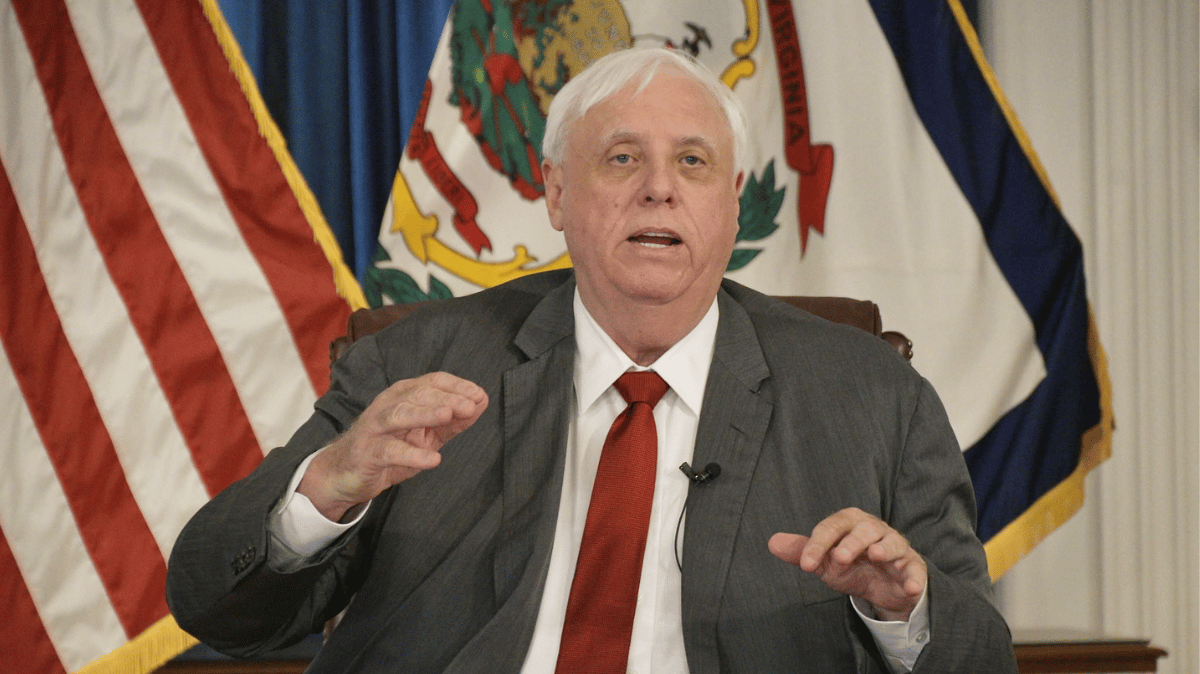A bill Gov. Jim Justice vetoed last week would have helped fund research to treat Alzheimer’s Disease, substance use disorder and more.
Both the House and Senate unanimously passed House Bill 5014, which would have made a $2 million supplemental appropriation to support research at West Virginia University’s Rockefeller Neuroscience Institute.
During the session, House Speaker Roger Hanshaw, R-Clay, took a rare occasion to speak directly to the bill. He spoke of the WVU Neurology team using ultrasound technology to go beyond treating neurological disorders of many kinds.
“They have effectively cured Parkinson’s, Alzheimer’s disease and opioid addiction,” Hanshaw said. “They now have, in hand, FDA clearance to extend their clinical trial beyond Alzheimer’s, Parkinson’s, and opioid addiction to PTSD specifically targeted veteran populations and obesity. To treat and cure disorders that plague West Virginians in disproportionately high amounts. I encourage you to vote for the appropriation.”
In explaining his veto, Justice said, in a letter to the House and Senate, the appropriation had little funding context or direction. He said the bill language was ambiguous, and with budget questions remaining, the state needs to be prudent.
Del. Mike Pushkin, D-Kanawha, the West Virginia Democratic Party Chairman, said there was no ambiguity in a bipartisan, unanimous vote.
“134 members of the legislature knew exactly what we were voting on,’ Pushkin said. “The work that has been done up at WVU has received national attention is something that we should completely support, not veto. This is the same governor, who so willingly gave $10 million to build a baseball park vetoes this money for such important Alzheimer’s research. It’s just beyond comprehension.”
It is now too late to override the veto. Justice said the WVU appropriation may be considered during an anticipated upcoming special legislative session. Pushkin said it’s likely that’s what will happen.
